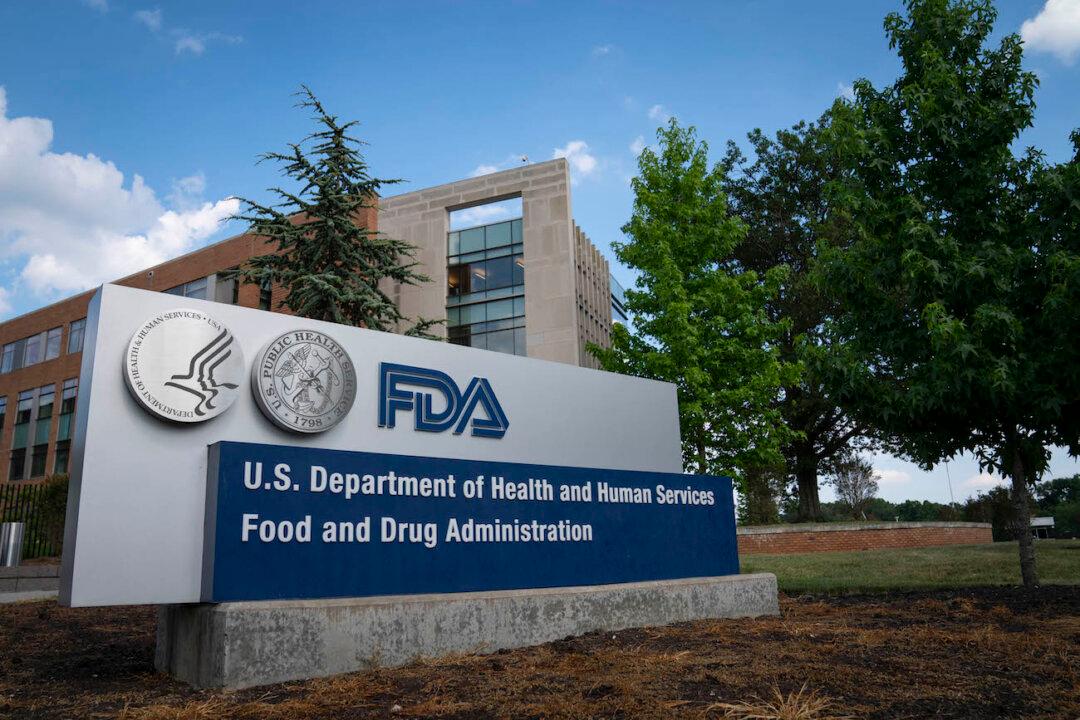U.S. drug regulators are refusing to provide key analyses of a COVID-19 vaccine safety database, claiming that the factual findings cannot be separated by internal discussions protected by law.
The Epoch Times asked the Food and Drug Administration (FDA) in July for all analyses performed by the agency for the COVID-19 vaccines using a method called Empirical Bayesian data mining, which involves comparing the adverse events recorded after a specific COVID-19 vaccine with those recorded after vaccination with non-COVID-19 vaccines.





